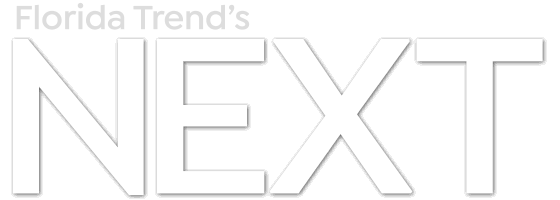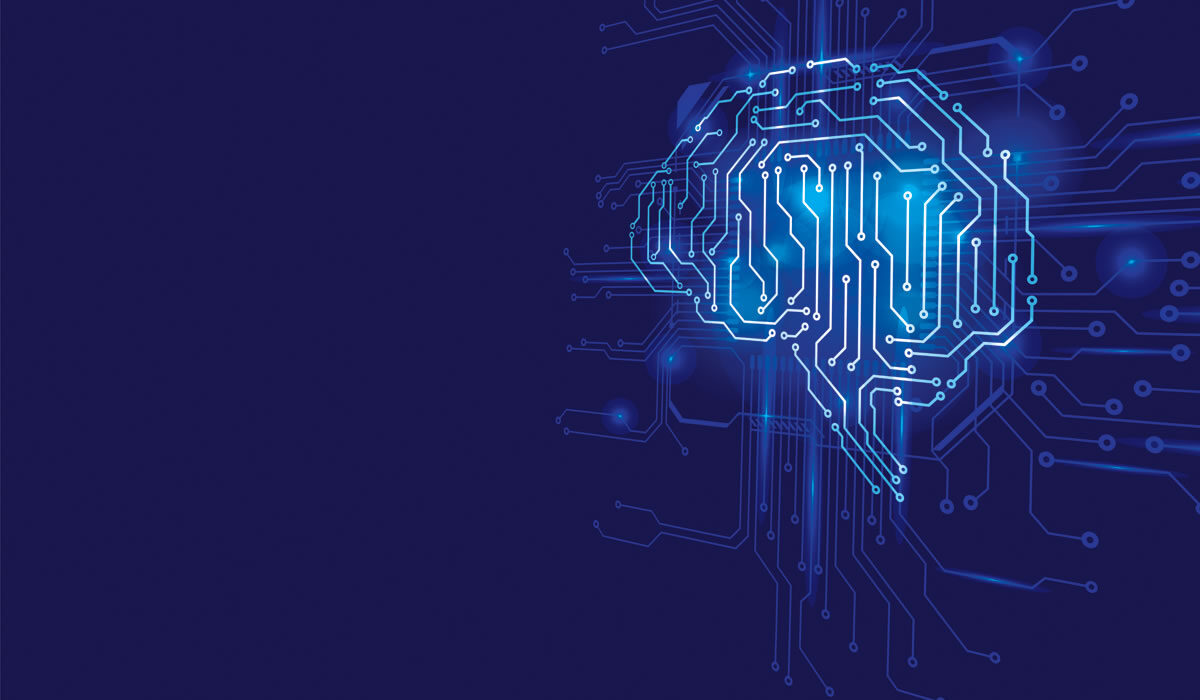AI Has Joined the Chat
The increasing use of AI in schools prompts an important question: Is it ethical? AI offers benefits like personalized learning, but concerns arise regarding privacy and bias. Data protection and transparency are essential to safeguard students’ privacy rights. Bias in AI algorithms can perpetuate inequality, demanding careful examination and mitigation. AI should complement, not replace, human educators. Teenagers play a vital role by engaging in discussions, advocating transparency, and staying informed, shaping a responsible and equitable educational landscape leveraging AI’s potential.
That’s a pretty good overview and introductory paragraph. It’s especially impressive given that it took about 30 seconds to have ChatGPT generate it.
And this was only the first attempt! With more careful prompting and re-directing, ChatGPT could provide an even better result. So why is everyone so worried about it?
For starters, it’s a new technology. There’s a lot that we don’t know about it yet, and that’s always a source of anxiety. Another worry is that students are relying too heavily on AI to replace “real” learning. (Many students wouldn’t know, for example, all of the reasons that that paragraph up there is actually terribly written.) There are also questions of ethics and intellectual property, as well as concerns about accuracy.
Although educators and employers haven’t come to a consensus about how and when it’s acceptable to rely on AI generators like ChatGPT, the technology is clearly here to stay. Our job, then, is to learn to use it effectively and ethically. If you’re going to use it, it’s best to consider a few Do’s and Don’ts.
The increasing use of AI in schools prompts an important question: Is it ethical? AI offers benefits like personalized learning, but concerns arise regarding privacy and bias. Data protection and transparency are essential to safeguard students’ privacy rights. Bias in AI algorithms can perpetuate inequality, demanding careful examination and mitigation. AI should complement, not replace, human educators. Teenagers play a vital role by engaging in discussions, advocating transparency, and staying informed, shaping a responsible and equitable educational landscape leveraging AI’s potential.
DO
- DO generate possible test questions from your class notes.
- DO summarize large amounts of information about which you only need a basic understanding (say, you want to best your friends at Trivia Night).
- DO check your writing for grammatical and mechanical errors.
- DO ask for revision suggestions to both academic and creative writing.
- DO prioritize tasks and find openings in a busy schedule.
- DO research and group information on a new topic, as a starting point.
- DO get recommendations — for recipes, books, movies, etc.
- DO make a plan for learning or honing a skill.
DON’T
- DON’T write your cover letter or resume.
- DON’T write an assignment for a class.
- DON’T believe everything it tells you — these programs will not disclose when they don’t have an answer; they will just make it up.
- DON’T expect current information (after 2021).
- DON’T use it as a substitute for your own brain.


